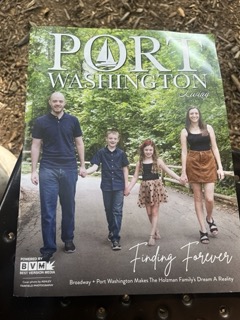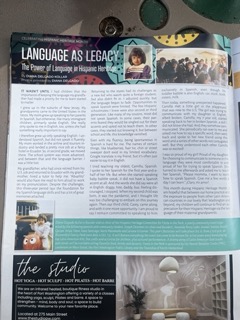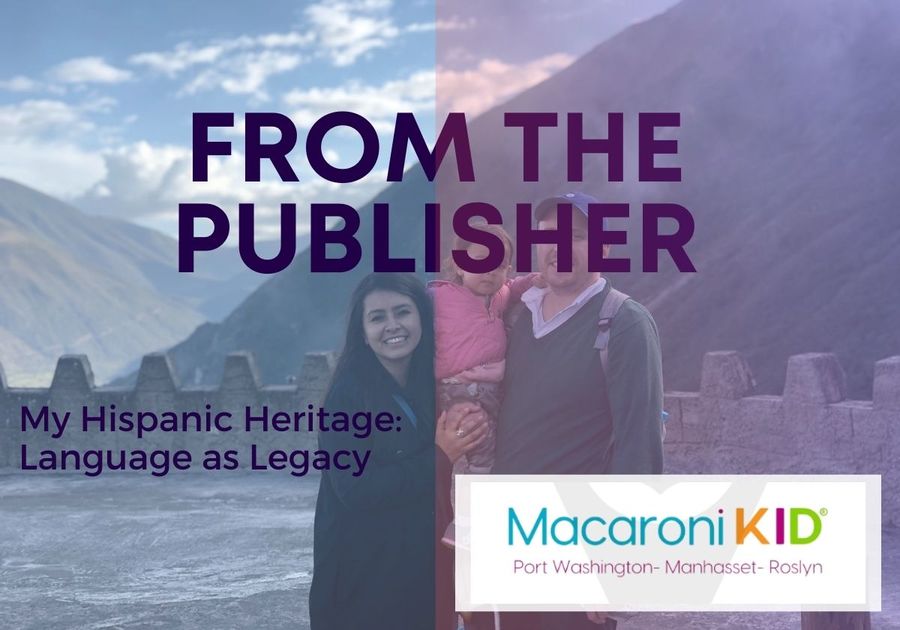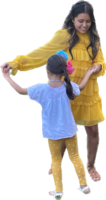It wasn’t until I had children that the importance of keeping the language my grandfather had made a priority for me to learn started to matter.
I mostly grew up in the suburbs of NJ. My grandparents came to the United States in the 50s. My mom grew up speaking to her parents in Spanish, but otherwise, like many immigrant children, primarily spoke English. She really only spoke to me in English, too, unless she had something really important to say.
I therefore grew up only speaking English. I understood Spanish, but did not speak it fluently. My mom worked in the airline and tourism industry and landed a pretty nice job at a fancy hotel in Ecuador. So, in second grade, we moved there. The school system was more advanced, and between that and the language barrier, I was a little lost. My grandfather, who had since retired from his U.S. job and returned to Ecuador with my grandmother, hired a tutor to help me. “Abuelito” would also have me read to him aloud to work on my pronunciation. Despite the challenges, this three-year period lays the foundation for my Spanish language skills and has a lot of great memories attached.
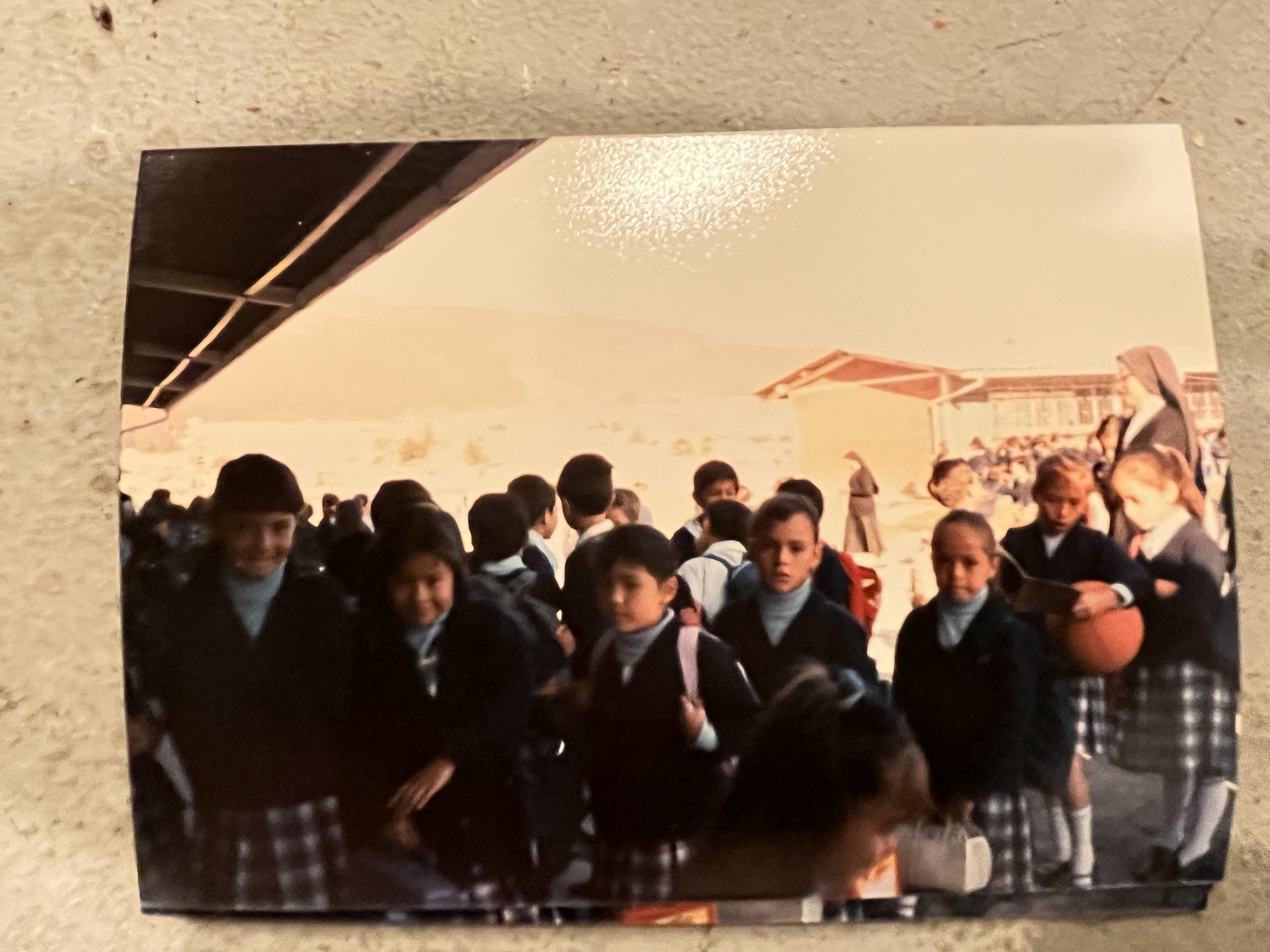
Returning to the states had its challenges as a new kid who wasn’t quite a foreign student, but also didn’t fit in. I adjusted quickly, but the language began to fade. Opportunities to speak Spanish were limited. The few Hispanic schoolmates I knew were also second or third generation. Like many of my cousins, most did not speak Spanish. In some cases, their parents feared they would be singled out for their accents and opted not to teach them. In other cases, they started out knowing it, but between school and life, this knowledge vanished.
Even with my fluency, being spontaneous in Spanish is hard for me. The names of certain things, like blueberries, hair tie, chin or street sweeper don’t exist in my limited vocabulary. Google translate is my friend, but it’s often just easier to say it in English.
I tried teaching my oldest, Camilla. I spoke to her Spanish for the first year-and-a-half of her life. But when she started speaking it was all in English. Feeling discouraged, I stopped. When my second child was born, it was the pandemic, and I thought life was too challenging to embark on this journey again. Then our third child, Casey, came along, and with it one more opportunity. I am proud to say I remain committed to speaking to him exclusively in Spanish, even though his toddler babble is also English: car, truck, book, sisters, milk.
Then today something unexpected happened. Camilla met a little girl in the playground that was new to the U.S. The girl was trying to communicate with my daughter in English, albeit broken. Camilla, my 7 year old, started speaking back to her in broken Spanish - a skill I did not know she had. And they somehow communicated. She periodically ran over to me and asked me how to say a specific word, then went back and spoke to her new friend using this word and a series of other words not conjugated well — but they understood each other. Camilla was so excited!
I was so proud of my girl! Proud of my daughter for choosing to communicate to someone in the language they were most comfortable in and proud of her for trying to speak Spanish. She turned to me afterwards and asked me to teach her Spanish, “Please momma, I want to learn how to speak Spanish. Give me a few words a day I can learn.” ¡Claro, mi amor!
Diana is founder and co-chair of the Hispanic Heritage Committee for Fiesta in the Park, a yearly community event organized by the following parents and community leaders: Joseph Delerme (co chair and founder), Amanda Perez Leder, Anabel Walzer, Analía Quispe, Felipe Tobar, Isaac Santiago, Karla Panameño and Juliana Villamar. This year’s festivities will take place October 6, 2024, from 2:00 to 6:00 pm at Blumenfeld Family Park (rain date is October 13). It will feature everything the event has come to be known for: a live 7-piece band playing top Latin American hits, free crafts and activities for children, plus cultural performances. A diverse array of Latin American food trucks and stands will be available selling flavorful food, drinks and desserts. Fiesta in the Park is sponsored by the Parent Resource Center (PRC), Landmark on Main Street, the Port Washington Public Library and the Township of North Hempstead.
The original article was featured in the lifestyle magazine Port Washington Living.
